In recent years, the global rise in obesity and type 2 diabetes has become a concerning health issue. While the traditional culprits of sedentary lifestyles and poor dietary choices play a significant role, emerging research suggests that environmental toxins also contribute to the development of these conditions. “Even those at the lower end of the BMI curve are gaining weight. Whatever is happening is happening to everyone, suggesting an environmental trigger,” says Robert H. Lustig of University of California, San Francisco. (a)
One article explains: “Chemical “obesogens” may alter human metabolism and predispose some people to gain weight. Fetal and early-life exposures to certain obesogens may alter some individuals’ metabolism and fat-cell makeup for life. Other obesogenic effects are linked to adulthood exposures.” (a) As a nutritionist serving clients in Brussels, I’d like to shed light on this is an important topic for your community. It’s important to understand these lesser-known environmental factors that can influence our health.
Toxins: Hidden Hazards in Our Environment
Toxins are substances that are harmful to the human body, often found in the environment due to industrial processes, pollution, and the use of chemicals in everyday products. They can accumulate in our bodies over time, affecting various systems and organs. While toxins can have immediate health impacts, their long-term effects are also a matter of concern.
Obesogens: The Toxins that Foster Obesity
Certain toxins, known as obesogens, have been identified as potential contributors to obesity. Obesogens are chemicals that disrupt the endocrine system, influencing fat cell development, metabolism, and appetite regulation. These compounds can be found in plastics, pesticides, and flame retardants. Exposure to obesogens during critical periods, such as fetal development and early childhood, may lead to lifelong weight management challenges. (a)
Toxins as Metabolic Disruptors
Toxins can act as metabolic disruptors, altering the way our bodies process and store energy. Research suggests that exposure to toxins can impair insulin sensitivity, a key factor in the development of type 2 diabetes. These toxic substances can induce inflammation and oxidative stress, disrupt hormonal balance, and interfere with insulin signaling pathways. As a result, our bodies may struggle to regulate blood sugar levels effectively, contributing to the onset of insulin resistance and diabetes.
Environmental Pollutants and their Role in Diabetes
Several environmental pollutants have been linked to an increased risk of developing type 2 diabetes. Air pollution, for instance, has been associated with insulin resistance and impaired glucose tolerance. Studies have found that long-term exposure to air pollutants, such as fine particulate matter and nitrogen dioxide, can lead to systemic inflammation and oxidative stress, both of which play a role in the development of diabetes.
Reducing Toxin Exposure for Healthier Outcomes
As a nutritionist serving those in Brussels, I have concern and desire to help people take control of their health. There are intentional practices we can implement to prevent and counteract these toxic environmental exposures and their impact on our health.
- Minimize Exposure to Environmental Toxins: Reduce exposure to toxins by making conscious choices in daily life. Choose organic produce and limit the consumption of processed foods to reduce pesticide exposure. Opt for natural cleaning and personal care products that are free from harmful chemicals. Be mindful of potential toxins in everyday items, such as plastics and food packaging, and seek safer alternatives.
- Improve Indoor Air Quality: Enhance the air quality in your living spaces. Ventilate rooms regularly to minimize indoor air pollution, and consider using air purifiers to filter out harmful particles. This is particularly important for those living in areas with high levels of air pollution.
- Support Detoxification Processes: Enhance your body’s natural detoxification processes by adopting a healthy lifestyle. Regular exercise, a balanced diet rich in antioxidants, and adequate hydration can help support your body’s ability to eliminate toxins. As a functional nutritionist, I can help you to determine what supplements and diet you need to support your natural detoxification process.
- Regular Health Screenings: It’s important to stay proactive about your health. Regular health check-ups and screenings can help identify early signs of diabetes or metabolic dysfunction, allowing for timely intervention and management. Your primary doctor can help with this, but as a functional nutritionist serving the community in Brussels, I am equipped to help you assess and test for ways your body is experiencing toxic overload.
While the rise in obesity and type 2 diabetes can be attributed to various factors, the influence of environmental toxins should not be overlooked. Understanding the connection between toxins, obesity, and diabetes is crucial not just for treatment, but prevention of disease. By reducing toxin exposure, we can mitigate the risks associated with these conditions, fostering better health outcomes for individuals and families. Functional nutrition approaches the body top to bottom and inside and out. As a highly trained functional nutritionist serving those in Brussels, I would love to help you achieve optimum wellness. Let’s schedule a time to visit to see how I can help.
Citations:
- “Obesogens: An Environmental Link to Obesity”
Article in Environmental Health Perspectives · February 2012
DOI: 10.1289/ehp.120-a62 · Source: PubMed
See discussions, stats, and author profiles for this publication at: https://www.researchgate.net/publication/221797803
More resources:
“Air Pollution and Type 2 Diabetes: Mechanistic Insights” Sanjay Rajagopalan and Robert D. Brook
diabetes.diabetesjournals.org DIABETES, VOL. 61, DECEMBER 2012 3045
“Persistent Organic Pollutants as Risk Factors for Obesity and Diabetes”
Curr Diab Rep (2017) 17:132






